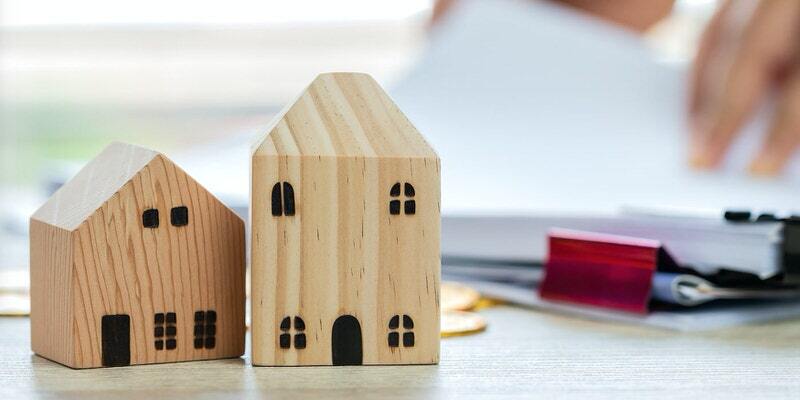Access Your Home Equity! COVID-19
As the initial shock of living through a global pandemic wears off and restrictions start to loosen, it would seem that Canada is en route to de-COVID soon (time will tell).
If you’ve been waiting until things flatten out before making any significant financial decisions, now might be a good to time start working through your options. If those options include accessing the equity from your home; for whatever reason, here are some of the things to consider moving forward.
Expect heightened scrutiny
Due to COVID-19, lenders are currently dealing with a tremendous amount of uncertainty, as many Canadians are still out of work and deferring mortgage payments, appraisal values are in question, and sales in the housing market have slowed down considerably. And for most lenders, the best way to deal with uncertainty is by being cautious.
Moving forward, you can expect heightened scrutiny on any mortgage transaction. Qualification standards are no longer hard and fast rules, but rather guidelines. So although you may qualify to access up to 80% of your property’s value based on the government regulations, depending on the lender, they might only be comfortable lending to 75% or less.
Part of this heightened scrutiny will also include a more in-depth assessment of your employment. Lenders want to see evidence of stable income to ensure you have the means to make your new mortgage payments.
So if you’ve experienced any type of job loss or reduced hours, if you have deferred your mortgage payments, or if you’ve accessed any government relief programs, qualifying to refinance your mortgage won’t be a walk in the park.
55+? Consider a reverse mortgage
For those Canadians 55+ who have significant home equity, a reverse mortgage is worth serious consideration. Qualifying for a reverse mortgage is way less complicated compared to traditional mortgage financing as there are no income or credit requirements. Any money borrowed is tax-free and does not impact CPP or OAS qualifications.
Instead of making regular payments to reduce the total balance outstanding, the interest is added to the total mortgage amount and increases each year.
Accessing home equity, without having to make regular payments, has proven to be the ultimate in cash flow management and a useful tool in helping older Canadians live their desired lifestyle.
You need a plan
Despite the uncertainty, mortgage lenders are still in the business of lending money. It is still possible to refinance your mortgage and access your home equity, but if a lender assesses you’re using your home as a personal ATM, it’s probably not going to work out.
So, the best plan of action is to have a plan of action. That starts with working with an independent mortgage professional who understands the lending landscape and can provide you with mortgage options at many different lenders.
If you have any questions, please don’t hesitate to contact us anytime, together we can look at all your options and figure out a plan going forward.
Sign up to to our newsletter to hear weekly updates on market news, timely buyer/seller tips, and up to date rates



MICK GILL
Tel: 604-828-1557
Email: gillmortgageteam@gmail.com
SHEILA GILL
Tel: 604-828-5141
Email:
gillmortgageteam@gmail.comm
DYLAN GILL
Tel: 778-255-1557
E-mail:
gillmortgageteam@gmail.comom
OFFICE
22314 Street NW
Calgary AB
T2N 1Z6
Compliance Officer:
Gord Appel
(403) 714-4663
gord.appel@indimortgage.ca
Broker Of Record:
Gord Ross
800-517-8670 ext 301
gord@indimortgage.ca


